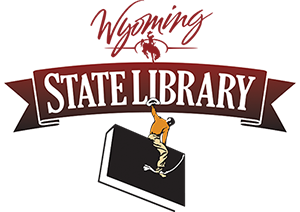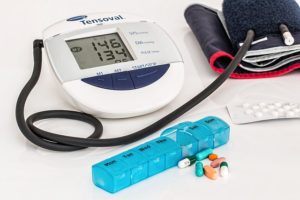Health insurance is not only one of the costliest products a consumer will purchase, with an average health insurance marketplace price tag of $386 per month for an individual, it is also one of the most complex products to understand. Many people think they have the skills and knowledge to select and utilize their health insurance, but the evidence shows otherwise. Some examples:
- A 2014 Kaiser Family Foundation report found that 37% of enrollees did not know the amount of their deductible, and 46% thought they were getting a subsidy though it was actually 85%.
- Three out of 4 people in a 2013 survey by the American Institutes of Research stated confidence in their knowledge of health insurance, but only 20% could calculate the out-of-pocket cost for a visit with an in-network doctor.
- A 2014 report from the Urban Institute noted that nearly 50% of adults reporting limited literacy and low numeracy skills, with income below 400% of the Federal Poverty Level (FPL), had difficulty locating information to help them support their insurance plan choices.
This lack of literacy can prove detrimental to the consumer if they select a plan that doesn’t provided needed benefits or puts them at financial risk. The concept of “health insurance literacy” is fairly new, and while there is no official definition it has been described as “the degree to which individuals have the knowledge, ability, and confidence to find and evaluate information about health plans, select the best plan for their financial and health circumstances, and use the plan once enrolled.” Another key issue not addressed in this definition is the ability of the consumer to retain insurance coverage over time.
In 2014, the American Institutes of Research reported on their work to develop a measure of health insurance literacy. They created a conceptual model containing four domains: Knowledge, Information Seeking, Document Literacy, and Cognitive Skills. Each domain presents a number of facets that might prove difficult for a consumer to understand, but could also be used as a tool for those developing information for consumers, or those assisting consumers navigate the health insurance landscape.
Resources for those assisting consumers/patients
- Access Better Coverage: Insurance Basics Explained. This site from the Pharmaceutical Research and Manufactures of America helps educate consumers about health insurance coverage and prescription drugs.
- Alliance for Health Reform. The Alliance works to improve health care systems in the delivery of affordable, quality care. They have numerous toolkits including “The ABCs of the ACA,” and “Health Literacy and Health Insurance Literacy: Do Consumers Know What They Are Buying?”
- Enroll America: Health Insurance Literacy Resource Hub. The “Hub” has researched-based digital tools, fact sheets, handouts, and videos to bridge the gap between consumers and those assisting them. They have numerous toolkits to help you engage with a variety of audiences. Examples include “Muslim Faith Engagement Tool,” “Health Care in the Pulpit,” “Young Engagement Toolkit,” and “Provider and Hospital Week of Action Toolkit.”
- NN/LM MCR General Resources and State-Specific Information. Information for those providing health insurance support, including librarians.
Resources for consumers/patients
- Local help from Healthcare.gov. Get free help applying, selecting a plan and enrolling in your area.
- FairHealth.org. Numerous healthcare decision-support tools to help individuals understand healthcare costs.
- Healthcare.gov. Resources for selecting or changing a plan, plan categories, determining the total cost of care, and understanding the different kinds of plans.
- MedlinePlus: Health Insurance. Resources to assist consumers understand and select insurance, includes patient handouts. Many in Spanish.
Reposted with permission from the National Network of Libraries of Medicine, Midcontinental Region.

